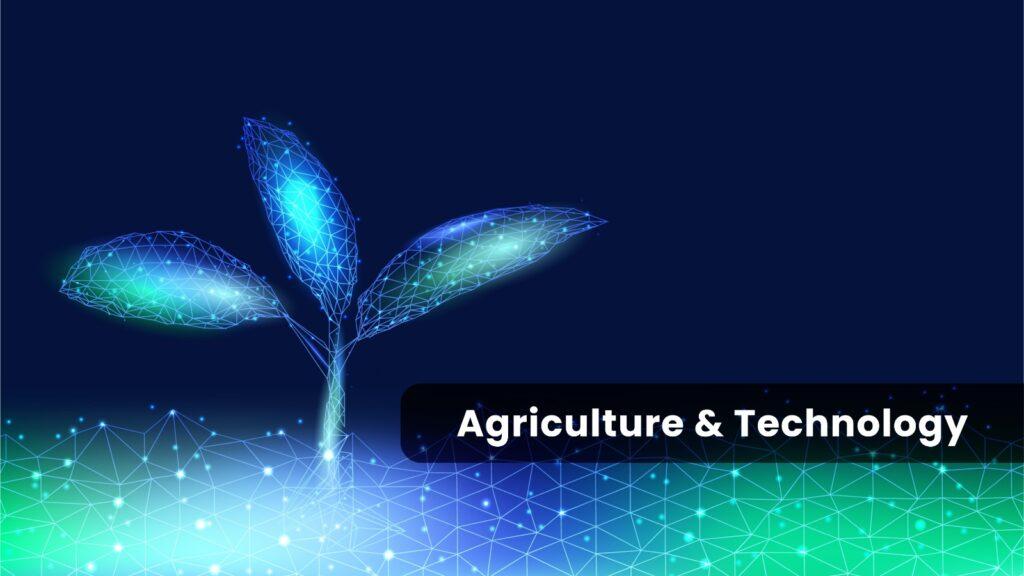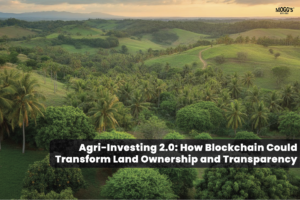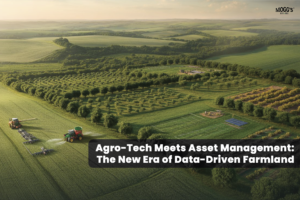Since the days of physical labor and conventional farming practices, agriculture has advanced significantly. Modern farmers may improve efficiency, production, and sustainability with the use of technology. This article examines the most recent developments in agriculture and their effects on the sector, from precision agriculture to genetic engineering.
Agricultural Precision and Data Analytics
To make wise decisions, precision agriculture primarily relies on data analytics. Farmers can get information on weather patterns, crop growth, and soil moisture, temperature, and nutrient levels using sensors and drones. Then, to find patterns and predict crop yields and potential issues, this data is examined using machine learning algorithms. With the use of this data, farmers may choose precisely when to apply fertilizer or water, and they can even utilize precision planting methods to maximize seed placement. By using fewer toxic chemicals, this not only decreases waste and boosts efficiency but also helps agriculture have a less negative impact on the environment. Precision agriculture is becoming an increasingly crucial tool for farmers wanting to increase their yields and lessen their environmental impact as technology develops.
Agriculture Robotics and Automation
The potential to cut labor expenses is one of the most important advantages of automation and robotics in agriculture. Farmers can save time and money by using automated equipment to do chores like planting, watering, and harvesting crops. Furthermore, by ensuring that plants receive the proper quantity of water, nutrients, and sunlight, these technologies can aid in enhancing crop yields. In order to help farmers plan their planting and harvesting operations more effectively, drones and other UAVs are also being used to collect data on soil conditions. Automation and robotics are set to play a bigger part in helping farmers satisfy the growing need for food while also cutting costs and increasing efficiency as the agriculture business continues to change.
Biological Engineering and Genetic Engineering
By enabling farmers to generate crops with desirable features, such as resistance to pests and diseases, better yield, and improved nutritional content, biotechnology and genetic engineering have revolutionized modern agriculture. Scientists can introduce particular genes into crops through genetic manipulation, producing plants that are hardier and more productive. By boosting agricultural yields and lowering the usage of hazardous pesticides and herbicides, this technology has the potential to address issues with global food security.
However, the ethics and safety of modifying the genetic makeup of living things are also questioned by biotechnology and genetic engineering. Critics contend that the long-term impacts of these technologies are poorly known and that genetically modified crops may have unforeseen repercussions on the environment and human health. It is crucial to carefully weigh the possible advantages and risks of using biotechnology in agriculture as it continues to expand, as well as to make sure that it is done so properly and ethically.
Considering The Environment and Practicing Sustainable Agriculture
Farmers may make data-driven decisions regarding their crops thanks to precision agriculture technology like GPS mapping and soil sensors. Farmers can optimize resource utilization and lower waste by analyzing soil moisture levels, nutrient content, and other elements. By lowering the amount of chemicals and water required, this helps the environment as well as farmers’ bottom lines. Technology can also be used to monitor and control environmental conditions in addition to precision agriculture. For instance, soil health sensors may monitor the condition of the soil and identify any possible problems, while water quality sensors can be used to identify pollutants in irrigation water. The agriculture sector may prosper while preserving the environment for future generations by utilizing technology to encourage sustainability and environmental monitoring.
Agriculture Technology’s Future
Agriculture technology has a bright future and is rife with opportunity. Technology will continue to be a key component of modern agriculture due to the rising demand for food production and the requirement for sustainable practices. Drones for crop monitoring, AI for precision farming, and gene editing for disease-resistant crops are some of the most recent innovations. We may anticipate seeing even more cutting-edge solutions to the problems affecting the agriculture sector as technology continues to advance.
Our primary means of survival depends on agriculture, thus as technology advances, so must agriculturally practices. All of Mogg’s efforts are directed towards promoting agricultural wellbeing. As a result, we and our team make sure to use the greatest and most up-to-date technologies in our farms to produce plantations. But we also make sure that it doesn’t compromise the crops’ nutritional value at the same time.
Contact us at 9513655556 if you have any questions about this enormous field of agriculture or would like to access organic crops while also taking advantage of its economic advantages.




